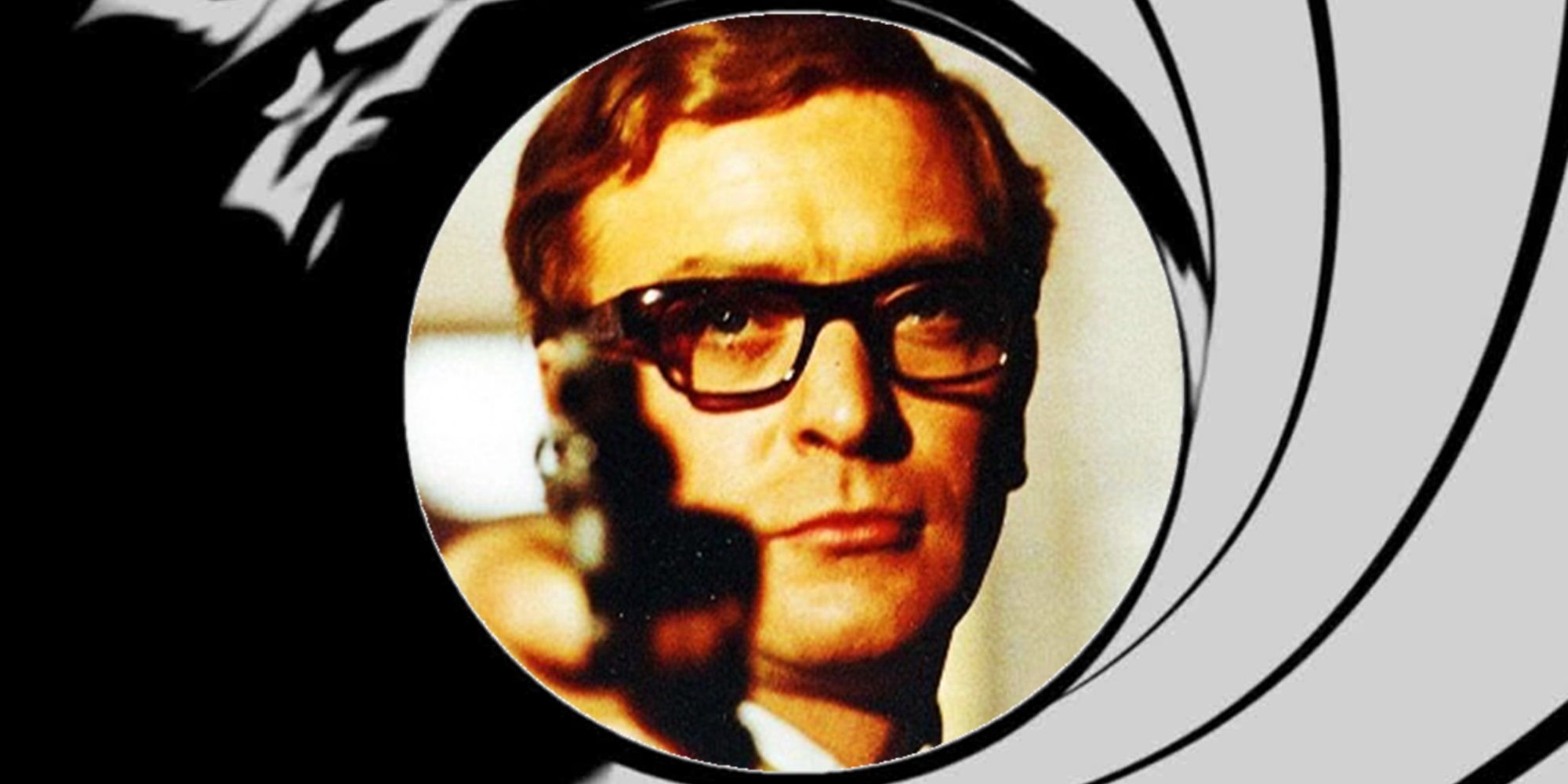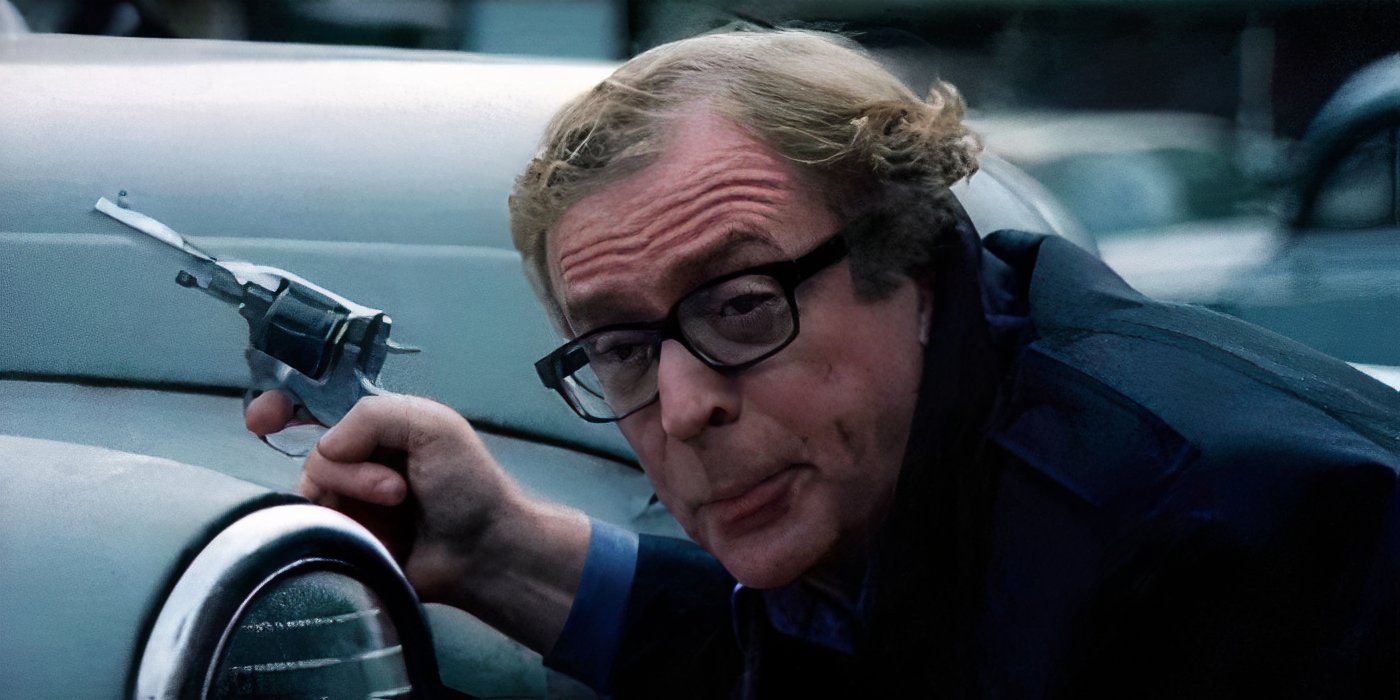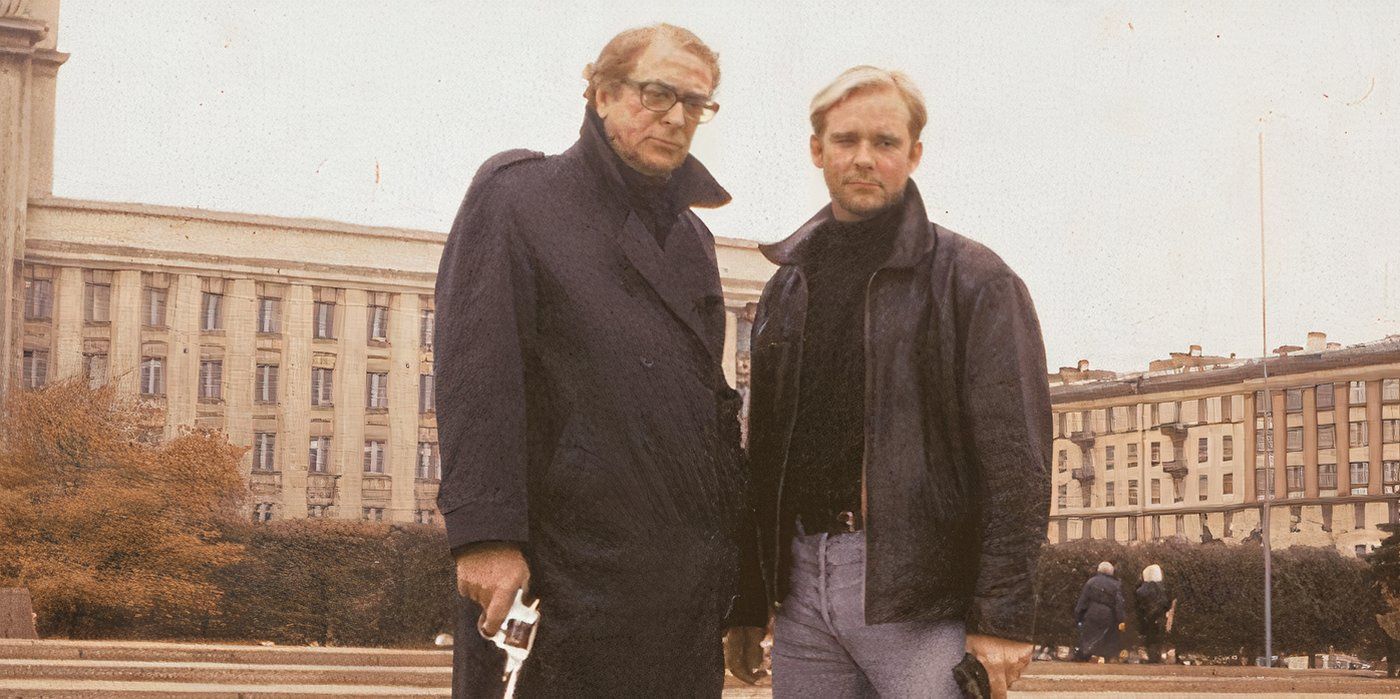
The producers of the cast of the James Bond series Michael Caine as secret agent Harry Palmer in hopes of launching a separate spy franchise, but it fell through. Len Deighton published his first spy novel, The Ipcress fileshortly after the box office success of the first Bond film, Dr. No. When The Ipcress file became a bestseller, Bond producers Harry Saltzman and Albert R. Broccoli hired Deighton to write the script for the sequel, From Russia with love. Little of his script made it into the final film, but the producers enjoyed working with Deighton.
Saltzman decided to adapt The Ipcress file to the screen in hopes of launching a second spy film franchise that could follow up on the Bond films. He cast Caine to play the lead role of Palmer, with the aim of bringing him back for an endless series of sequels. The Ipcress file was designed as the opposite of the Bond films, with a naturalistic style inspired by the world of kitchen sink drama. It seemed like a surefire path to success, but Palmer's films never achieved the same box office success as the Bond films.
Michael Caine's Harry Palmer films were the antithesis of James Bond (despite having the same producers)
Harry Palmer's films were more grounded and realistic
With Palmer's films, Saltzman hoped to kickstart Bond 2.0. The plan was to have another long-running spy series releasing new entries every two years alongside the Bond films. Saltzman recruited several team members who had previously worked on Bond films, such as editor Peter Hunt, composer John Barry and production designer Ken Adam. But Palmer and Bond couldn't have less in common. They are both gentle British secret agents, but the similarities end there. Their personalities and the tone of their respective films are completely different.
Palmer's stories are opposite to Bond's in every way. Whereas the Bond films offered joyful escapism, Palmer's films offered gritty realism. While Bond is characterized as elegant and upper class, Palmer is a working class hero. While the Bond films conveyed an optimistic message about the triumph of good over evil and the maintenance of world order, Palmer's films took a darker, more pessimistic approach to their storytelling. The cynical tone and naturalistic style of Palmer's films had more in common with the spy stories of John le Carré than with the global adventures of 007.
The Harry Palmer films had the potential to become a long-running spy franchise
Len Deighton wrote several Harry Palmer novels
With their unique, gritty tone and Caine's iconic performance, Palmer's films had the potential to become a long-running franchise like the Bond series. The film adaptation portrayed Palmer as a British army sergeant who was forced to work as a secret agent rather than go to prison for black trafficking. That's it a great setup for a cinematic antiheroand could have sent him on any number of dangerous missions to serve his sentence. His reluctant guidance from the intelligent but suspicious Colonel Ross formed the basis for a great episodic format, like Bond's work with M.
After The Ipcress file, Saltzman produced two more films centered on Palmer: Funeral in Berlin in 1966 and Billion Dollar Brain in 1967, both with Caine returning. These films weren't total failures - they were very successful - but they didn't take off at the global box office like the Bond films. And it's a shame, because the Palmer series had a lot of potential beyond the initial trilogy. Saltzman never used Palmer's second novel, Horse underwaterand There were other spy novels by Deighton, such as Espionage storythis could have been repurposed for Palmer films.
The Bond franchise continued to tell original stories long after it ran out of suitable Ian Fleming stories to adapt for the screen. If the Palmer series had been more successful, it might have done the same.
In the 90s, Caine reprized his role as Palmer in two more made-for-TV sequels: Bullet for Beijing in 1995 and Midnight in St. Petersburg in 1996. These were based on original screenplays, not Deighton's novels (although Deighton's name is sometimes included in their titles), proving the Palmer series could have continued even after they ran out of source material to work with. The Bond franchise continued to tell original stories long after it ran out of suitable Ian Fleming stories to adapt for the screen. If the Palmer series had been more successful, it might have done the same.
Why Harry Palmer Failed Where James Bond Succeeded
Palmer didn't share Bond's broad appeal
Palmer's films fell short of Bond's success because Palmer's adventures did not have the same broad appeal as Bond's adventures. Virtually any viewer anywhere in the world could stroll the streets and find something to enjoy in a Bond film like gold finger or Thunderfrom exotic locations to fun one-liners and fun action sequences. But Palmer's films had a more specific appeal. Viewers who like gritty, grounded spy movies love them, but that audience isn't nearly as big like the blockbuster Bond franchise.
For longtime fans of the spy genre, Palmer's films were a breath of fresh air after a handful of Bond films filled with goofy gadgets and megalomaniacal villains. But For a global blockbuster audience who only sought escapist entertainment, Palmer's films were very sad and grounded. Palmer's films reflected a cruel and unfair world, but most audiences go to the cinema to escape this cruel and unfair world, without being reminded of it. Bond's global exploits with fast cars, far-fetched gadgets and absurd villain hideouts had a universal appeal that Palmer's realistic outings did not.
Later attempts at adapting Harry Palmer had mixed results
Joe Cole was miscast in the Ipcress File TV series
Since Caine's five films, other producers have tried to bring Palmer to the screen, but they all have the same problem: no, Caine. Joe Cole is a great actor, but he was terribly miscast in the 2022 TV adaptation of The Ipcress filefailing to recover Caine's charisma. Considering that Bond was played by a total of six actors, and they were all great in their own way, Palmer's subsequent portrayals proved that the character's success was intrinsically linked to Caine's performance.
Palmer's most successful recent films have been unofficial adaptations, with Caine reprising the role under a different name. The 1992 thriller Blue Ice cast Caine as a former spy named Harry Anders, who shared all of Palmer's defining characteristics. The title character of Caine's late-career 2009 action film Harry Brown is essentially a retired Palmer. Austin Powers' father, Nigel Powers, was a parody of Palmer, and Michael Caine did a great job satirizing his own performance. The longevity of the James Bond series can be attributed to the recasting of the role; the Harry Palmer series didn't have that.


